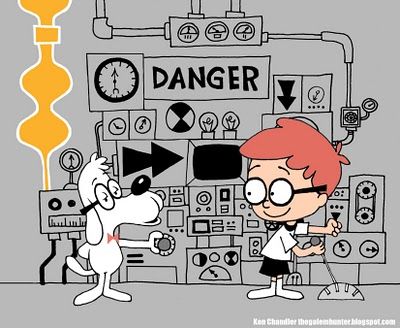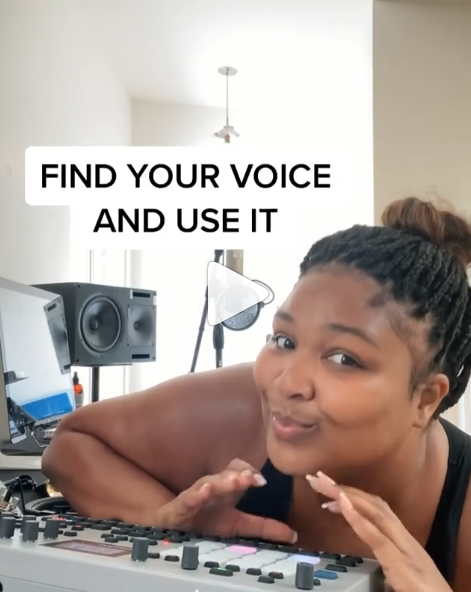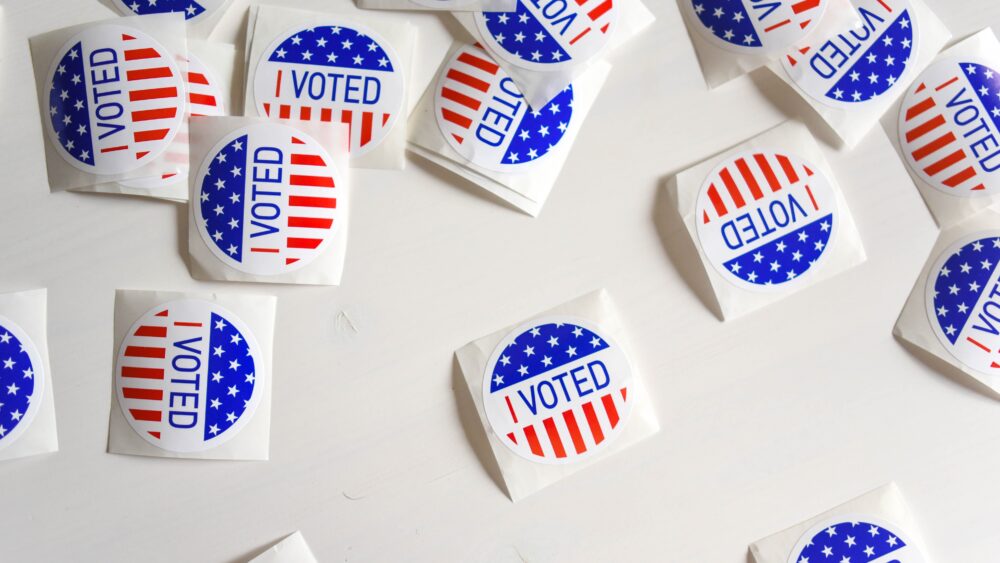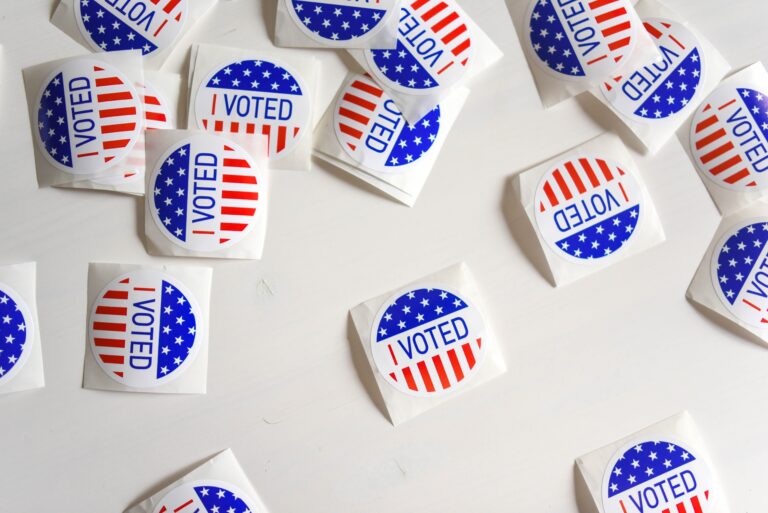Why I Took an Entry-level, Half-time Job at My Portfolio Company BallotReady
Last week, I took a three-day seminar on The Work, a personal growth and self-awareness practice developed by Byron Katie. My best summary of The Work is that it helps us to gain more separation from thoughts that might prompt anxiety or suffering. In my Conscious Leadership work, Byron Katie forms the basis of the conscious choice to see that the opposite of a story I’m holding is as true or truer than the story. The exercise provides more space around our judgments and things we hold as “true.”
Okay. One exercise we did was to explore this statement in the context of The Work. “My support and well-being depend on ______.” I thought that list of beliefs or dependencies would be short, but once I sat with the question, the list got much longer. The one that felt the “juiciest” for my exploration was this:
My well-being depends on my being transformative.
This belief relates to what I spend most of my time doing. I coach leaders. I have a story that they hire me because working with me can be transformative.
So, on to “The Work,” which comprises four questions and a turnaround. Each question and the turnarounds are intended to be meditations of a sort.
Question 1: Is it true that my well-being depends on being transformative? My answer: “yes.”
Question 2: Can I absolutely know that it’s true that my well-being depends on being transformative? My answer: “no.”

Question 3: How do I react, what happens, when I believe the thought that my well-being depends on being transformative? This question prompted a deluge of realizations. I can get lusty when transformation is on the menu of possibilities. I can feel a ton of pressure, that my heart feels heavy at the start of every coaching meeting. I perhaps look for clients that want to make big, rapid shifts in their lives. I can see problems where there are none. I feel like a failure when change doesn’t occur. Last, as I meditated on this question, I saw a fancy, updated device like the Wayback Machine from the Rocky and Bullwinkle cartoon. I imagined that in went a new client and out — whammo — came a transformed leader. I saw how transactional I can be when I hold this thought, viewing people as beings that require transformation. Whoa.
Question 4: Who would I be without the thought that my well-being depends on being transformative? With my eyes closed, I imagined a freer, more fanciful way of engaging as a coach. I imagined more play and more love happening between me and my clients. I wondered about new approaches to coaching that I’d never considered. I thought I might know my clients even better without focusing on input and output.
Turnarounds. The last piece of The Work is to turn the thought around. There are many turnarounds for a belief. The belief “He hurt me” could be turned around as “I hurt me,” “I hurt him,” “He didn’t hurt me,” or “He helped me,” for example. The turnaround on my thought that got my attention was that “my well-being depends on other people being transformative.” When I held that thought in my mind, I saw myself as slogging away in the muck without any recognition. I imagined working on the kinds of problems I generally avoid — those that seem intractable and that do not lend themselves to quick wins. I saw that I was doing really fundamental tasks, building bricks in a nameless group of brick builders so that other people could build incredible structures. I was an anonymous resource for other radically transformative people. I LOVED THAT IDEA.
So I picked up the phone and called a pair of co-founders.
Among the various hats I wear (hat rack located at HeySue.com) I’ve been an investor for decades. For the last six years, my investing has been through our fund, MergeLane, which invests in stellar companies with at least one woman in leadership.
One of our early investments was in a Chicago-based company called BallotReady, a non-partisan business focused on helping Americans vote smart. We have made multiple investments in this company because we care about the mission and we’ve watched these founders, Alex Niemczewski and Aviva Rosman, exceed expectations at every stage of the company’s history.

I’ve stayed close to this company since our first investment. The team jumped into Conscious Leadership as the cultural operating system for their company. They proved out product-market fit by signing customers like Snapchat, the Miami Heat, and a number of NPR stations. They earned loyalty from people in all 50 states. Lizzo touted them in an Instagram tune called “It’s time to Vote.” They educated users in 2016, they had a way bigger impact in 2018, and in advance of the 2020 general election, they were selected to lead an initiative to promote voting safely by mail-in voting. Learn more about that at Civic Engine.
I am not going to share my political leanings here because they’re beside the point. When I thought about what I cared most about in advance of the 2020 general election, I realized that I was most concerned about people — all people — having access to the ballot box. I am fearful about disenfranchisement in this election. People want to vote. They want to be safe. States want to enable their residents to vote, but it’s hard on states to handle the shift operationally. It’s also a challenge to inform their citizens about how to vote under rapidly changing plans amidst COVID.
It struck me that even as states are grappling with how to enable easy, safe, and trusted vote-by-mail initiatives, voters in the 45 states that haven’t had vote-by-mail for years are going to have a difficult time sorting out the messaging. BallotReady is helping voters get quality, unbiased information about how to exercise their franchise. I wanted to help. I saw the benefit of serving as an individual contributor in support of the transformative leaders at this company.
Last week, I asked the founders if they were hiring. Yes. They were hiring for customer service reps to handle the huge influx of interest in this issue.
I asked if they would hire me as a customer service rep half-time.
“Is this real?” Alex asked, her hands over her mouth on Zoom.
“Yes. Real. I’m a lousy employee, but I think I can behave myself for 80 days,” I said. “Would you hire me?”
“Yes,” Alex said, “but we might have you do things other than customer service.”
“That’s fine,” I said. “I’ll do what you want, but I want to be paid, and I want you to pay me at the rate of a customer service rep.”
Days later, we regrouped. They shared what they wanted me to work on. They openly shared their fears about having me work there (seeing the sausage being made, putting a great relationship at risk, my rebelliousness). We agreed that our relationship could survive, that I would be on my best behavior, that I would not report to them, and that they (or my boss) could fire me anytime for failure to perform.
So I’m taking my first “job” in eight years. I’ll keep things up with MergeLane, my executive coaching business, Leadership Camps, and company clients, but the lack of travel has opened up more space for experiments just like this. Byron Katie’s Work led me to work.
I start next week. Wish me luck. Check out Civic Engine to learn how you can vote safely. Tell your friends. Let’s go! #itstimetovote
Exercise
Try on the prompt I worked with at the start of this post. Finish the sentence “My support, security and well-being depend on _____.” Make a list of things that arise from this prompt. Find the one that feels like it carries the most energy or that is an umbrella under which other beliefs rest.
Then download the One-Belief-at-a-Time Worksheet and start your inquiry.
Byron Katie is doing “at home” sessions weekly now.Watching her do this work is wonderful. There are plenty of videos to help you along on her site as well.


